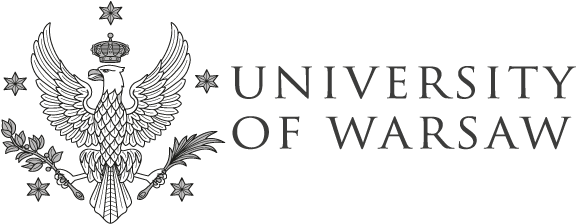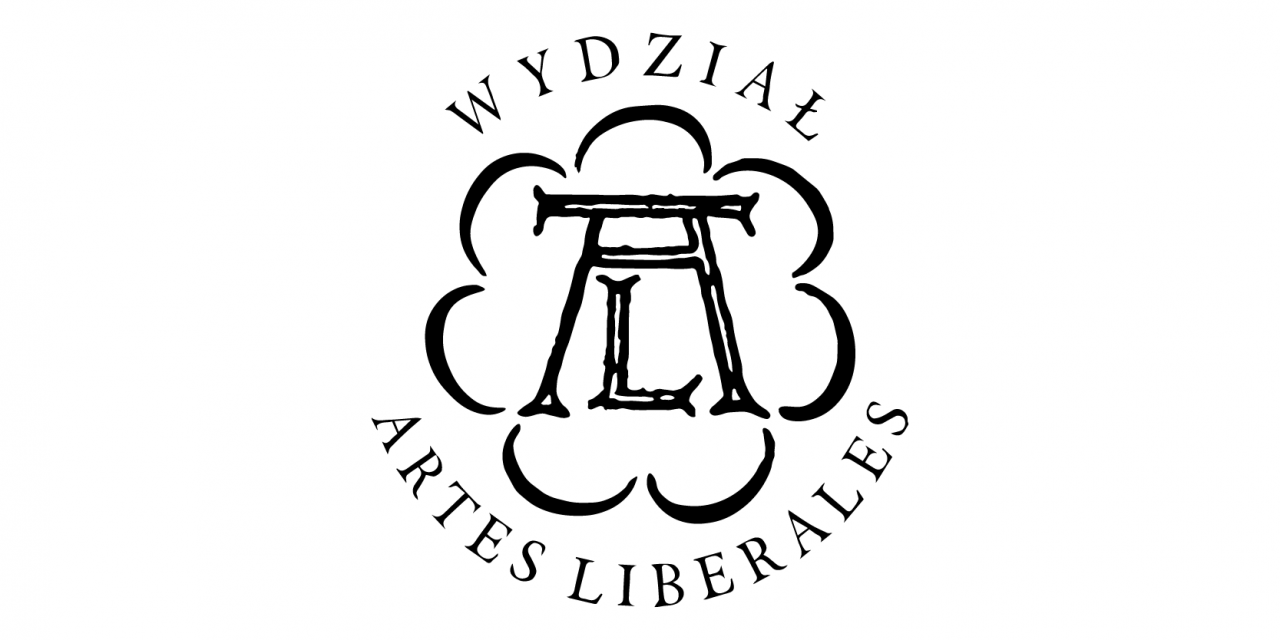Justyna Olko
is the project coordinator of the ENGHUM project.
She is a researcher at the Faculty of “Artes Liberales” at the University of Warsaw and Head of the Research Center “Encounters… Between the Old and New Worlds”. She obtained a doctoral degree in the humanities in 2005 at the UW’s Faculty of History and the habilitation degree in ethnology at the Adam Mickiewicz University in Poznań in 2016. She specializes in the ethnohistory, anthropology, philology and linguistics of pre-Hispanic and colonial Mesoamerica, with a special focus on Nahua language and culture, Nahuatl linguistics, and issues of European-intercultural communication in a broad sense. In 2013, she initiated a monolingual editorial series Totlahtol [“Our Speech”] aimed at the restoration of literary culture in Nahuatl. She is also involved in a program for revitalizing the Nahuatl language and works with researchers and activists committed to revitalizing dying languages of ethnic minorities in Poland. She has written several books, including Meksyk przed konkwistą [Mexico before the Conquest] (PIW, 2010, Klio Prize 2010) and Insignia of Rank in the Nahua World (University Press of Colorado, 2014). A recipient of scholarships from Dumbarton Oaks (Harvard University, 2001, 2008) and the John Carter Brown Library (Brown University, 2010), she has also received grants for team projects (European Research Council Starting Grant for the project Europe and America in Contact. A Multidisciplinary Study of Cross-Cultural Transfer in the New World across Time, 2012, the first ERC grant for the humanities in Poland), grants from the Foundation for Polish Science (FNP, Programmes: Focus, 2010; Idee dla Polski, 2013; Focus bis, 2013), the National Science Centre (NCN, 2008, 2011), the Ministry of Science and Higher Education as part of the National Program for the Development of Humanities (NPRH, 2012) and the European Commission (Twinning Program, Horizon 2020; 2015). She has been awarded the Knight’s Cross of the Order of Polonia Restituta (2013) and a Burgen Fellowship by Academia Europaea (2013).






